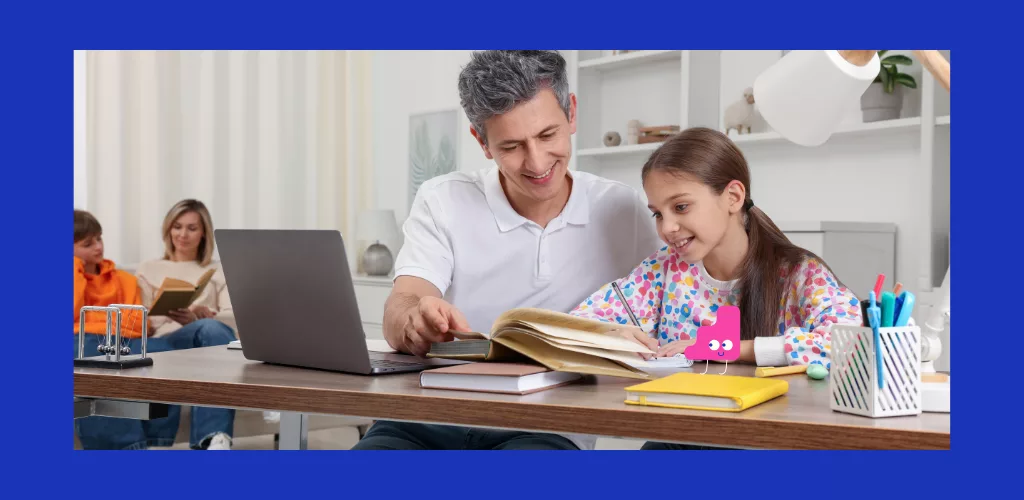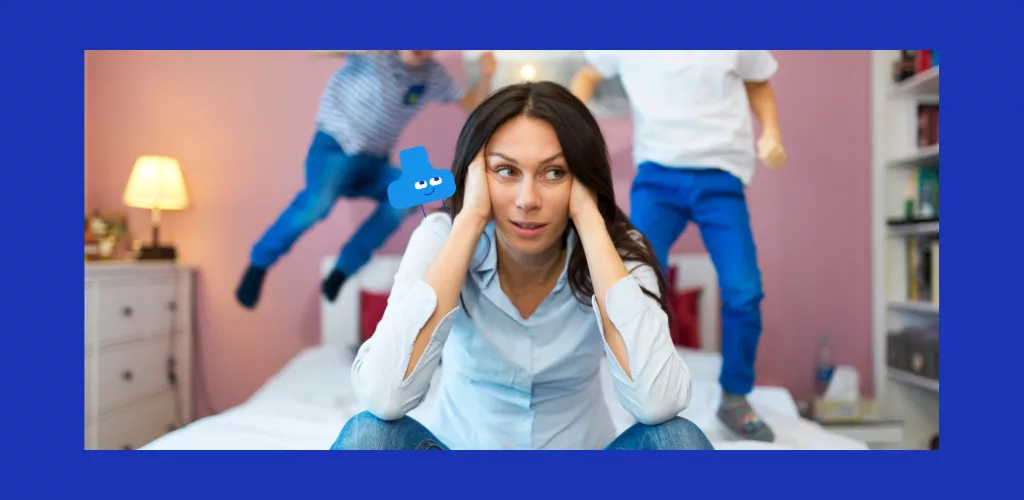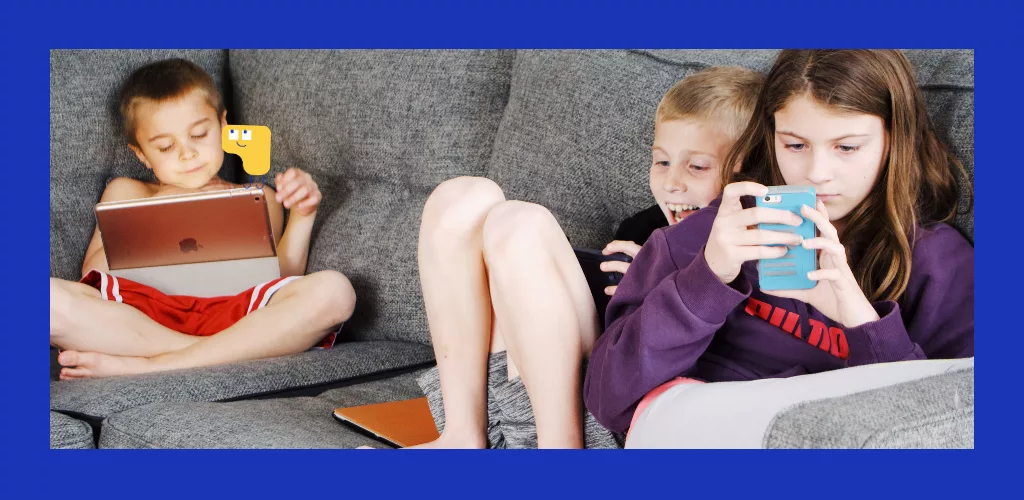Many people are worried. And they're getting younger all the time. Our children are hearing about climate change, extinction, crisis and an endangered planet. They are growing up in a world where environmental emergencies are omnipresent, without always understanding how to deal with them.
The result: many feel powerless, fatalistic and paralyzed. We call it eco-anxiety.
But it doesn't have to be that way. This malaise can be transformed into a lever for action, provided it is heard, recognized and supported.
You don't have to be a climate expert or a committed activist to make a difference. All you need to do is listen, provide tools and show that, even at the age of 12, you can already make a difference.
What exactly is eco-anxiety?
It's not a whim. Nor a fad. It's a real anxiety about the future of the planet. Young people feel both informed and powerless. The figures speak for themselves:
79% of 15-25 year-olds consider the environment to be a priority in their lives
But only 9% are taking concrete ecological action.
7.9/10: the average level of eco-anxiety expressed by young people in a national survey
They know. But they don't know what to do. Or think it's already too late.
What if we stopped scaring them?
By dint of alarmist messages, we end up discouraging them. The climate is not a disaster movie, it's a subject for education. If we want them to get involved, we have to change the narrative.
Rather than telling them everything's wrong, let's show them what they can do:
-
Act on their own scale
-
Asking questions
-
Develop critical thinking skills
-
Proposing solutions, however small
How do you go from anxiety to action?
Schools have a role to play. But so do parents. There's no need to wait for moral education classes or school projects to talk about ecology at home.
Here's what works:
1. Start with their daily lives
Want to get him involved? Start with concrete things:
How to choose a more responsible phone?
Why limit streaming?
Do its apps or games consume a lot of energy?
What to do with an old smartphone
Every digital use is a gateway to an ecological discussion.
2. Turning education into experience
The most effective projects are those that resemble their lives. Games, videos, challenges, discussions... Education shouldn't be a lecture, but an engaging adventure.
And it's not just for school. At home, you can also :
Choosing a green goal for the week
Deciphering network advertising (greenwashing, true/false commitment...)
Find an influencer or committed artist who speaks to her
3. Speaking without imposing
Here again, listening takes precedence over control. You're not there to check whether he's sorting his garbage or turning off the lights. You're there to make him want to understand the impact of his actions.
What if we valued small commitments?
Many young people think you have to be an activist, a vegetarian, or set up an association to "do something". No. Commitment can be simple and personal:
-
Being an eco-delegate at your school
-
Take part in World Cleanup Day
-
A plastic-free day at school
-
Rapping, dancing, drawing on the climate
-
Making friends aware of good habits
What counts is not the size of the action, but the awareness.
And what do we parents do?
We lead by example. And we're staying consistent. Because yes, it's hard to ban TikTok when you're addicted to Instagram yourself. To talk about digital sobriety when you turn on Netflix every night. Or to moralize about shopping when you receive three parcels a week.
But you don't have to be perfect. You just have to be honest.
Here are a few useful pointers:
- Discuss your own doubts and contradictions
- Involve your children in your ecological choices (shopping, travel...)
- Show how we can consume differently, without depriving ourselves
- Learning together (documentaries, podcasts, discussions...)
What we remember
-
Eco-anxiety affects young people at an increasingly early age
-
They need space to understand, not pressure to change
-
Engagement can be playful, creative or progressive
-
The role of parents is central, not to teach, but to support
-
The link does more than control. Examples more than speeches.
And above all:
A child who is listened to, encouraged and valued for his or her ideas... will become a committed adult.




0 comments